Researchers at Osaka Metropolitan University in Japan have discovered that jujube seeds can restore cognitive and motor functions in mice with dementia.
From Osaka Metropolitan University 10/11/24 (first released 06/11/24)

Attempts to discover a breakthrough dementia drug might be drawing attention these days, but traditional medicinal products can offer hints for preventive medicine.
A research group led by Specially Appointed Professor Takami Tomiyama of Osaka Metropolitan University’s Graduate School of Medicine has found that administering the dried seeds of a type of jujube called Ziziphus jujuba Miller var. spinosa, used as a medicinal herb in traditional Chinese medicine, holds promise in restoring cognitive and motor function in model mice.
By administering hot water extracts of Zizyphi spinosi semen to model mice with Alzheimer’s disease, frontotemporal dementia, Parkinson’s disease, and dementia with Lewy bodies, the team found that cognitive and motor functions were restored.
Furthermore, when the seeds were simply crushed into powder and administered to the model mice, the team discovered that the cognitive function of the model mice recovered to a level above that of control mice.
In addition, the powders apparently suppressed cellular aging in older mice and improved their cognitive function to a similar level as younger mice.
Previously, members of the research team reported separately that the pathology of dementia in model mice improved with cognitive and motor functions restored after using the Hawaiian herb mamaki and the Chinese herb Acorus gramineus.
“The results of our research will hopefully make it possible to develop dementia prevention products that middle-aged and elderly people can take at their own discretion,” Professor Tomiyama suggested.
The findings are currently available as a reviewed preprint in Life.
More info
You may also be curious about:
-
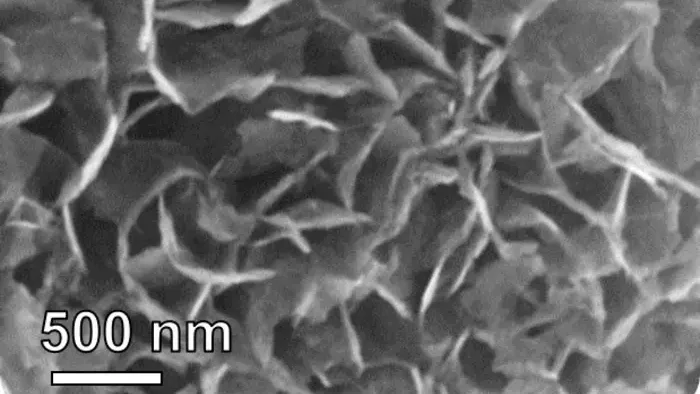
Detecting evidence of lung cancer in exhaled breath
-
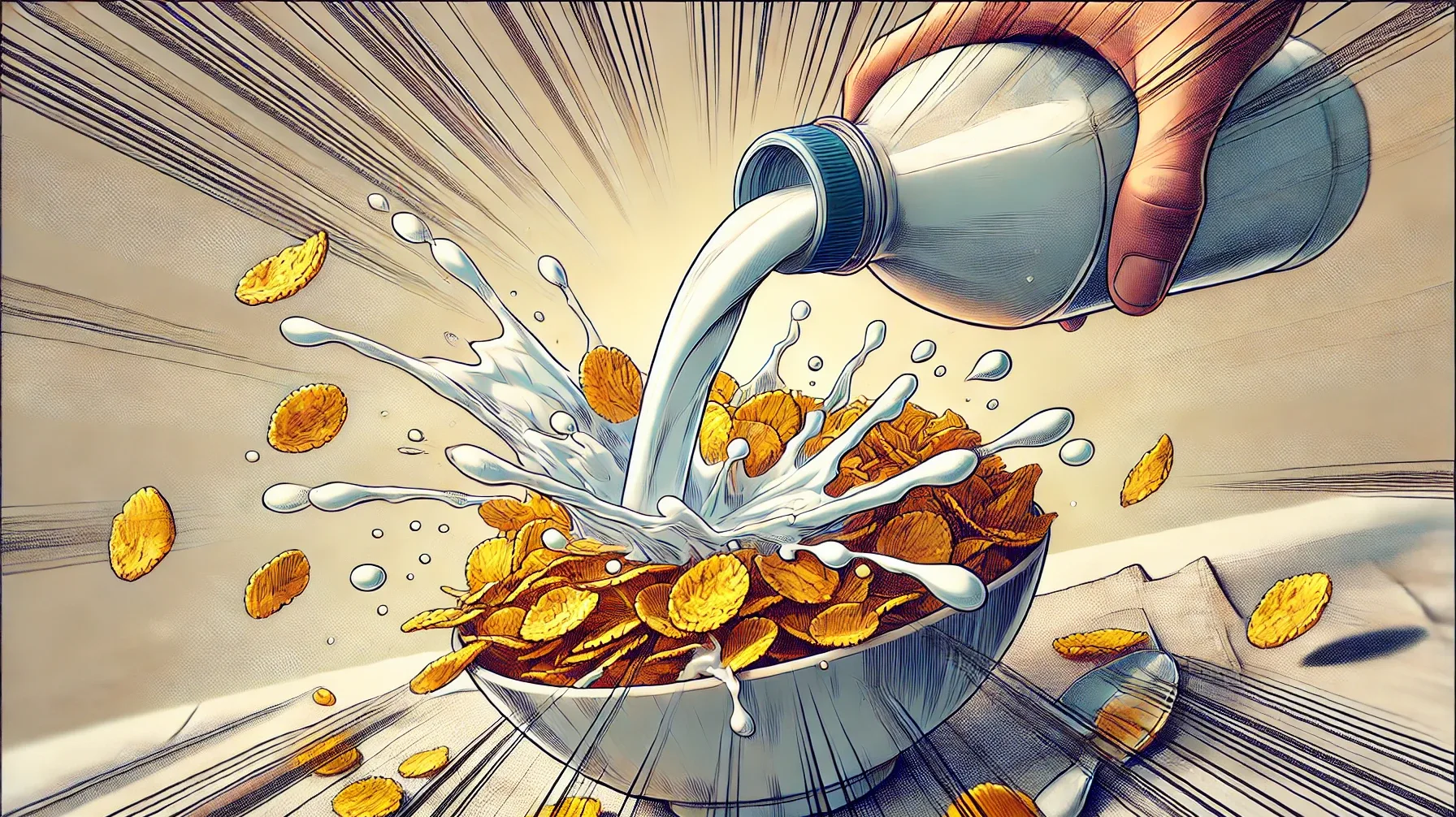
How fresh is your milk? Your smartphone can tell.
-
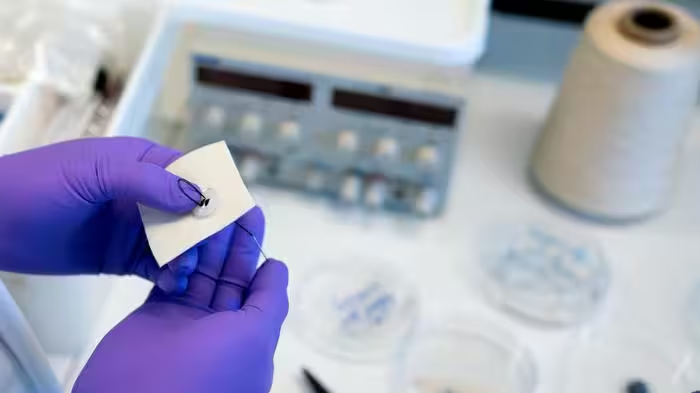
The silk thread that can turn clothes into charging stations
-
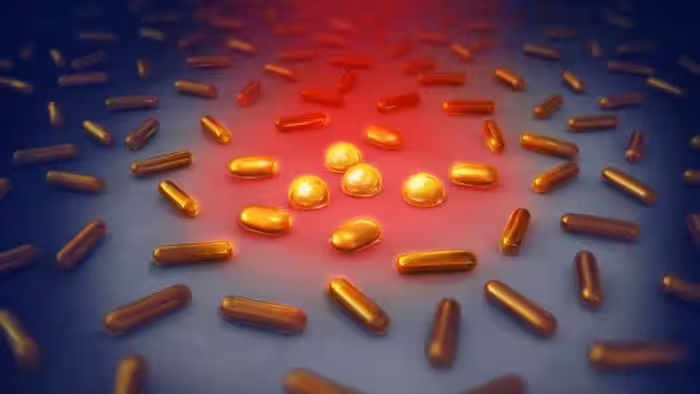
Tiny gold nanorods fry bacteria on medical implants
-
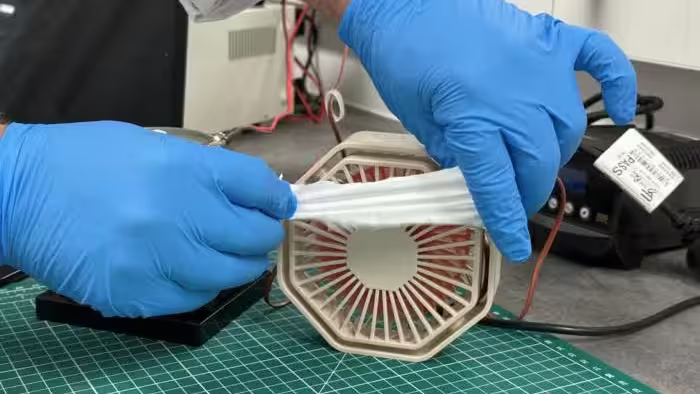
Static electricity could help run air conditioners
-

Giant rats could soon sniff out illegal elephant tusk and rhino horn
-

Solar-powered animal-plant hybrid cells
-

Capturing carbon from the air just got easier
-

Dolphins sense military sonar at much lower levels than regulators predict
-

What standing on one leg can tell you
-
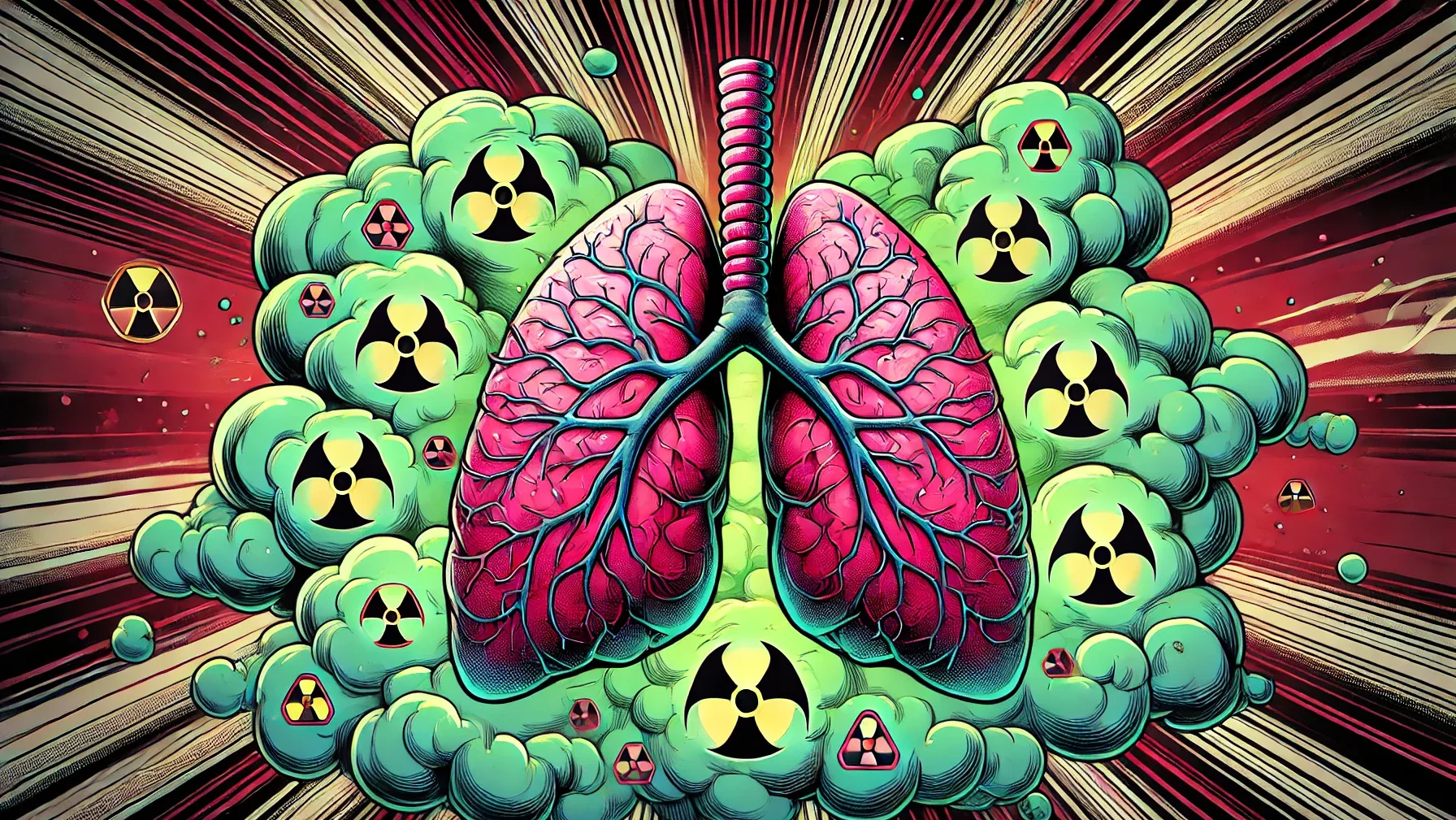
Growing number of Canadian households contain dangerous levels of radon gas
-
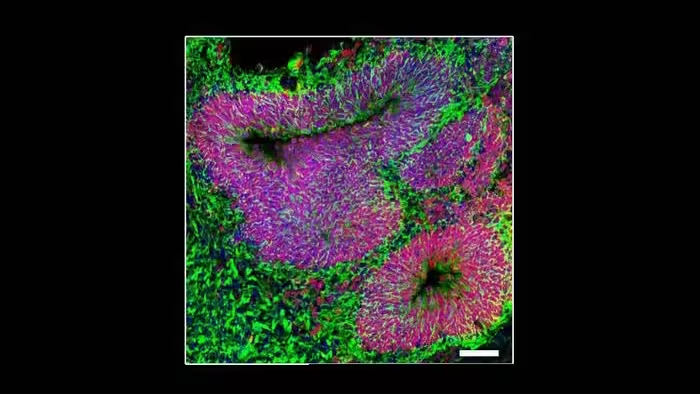
“Human mini-brains” reveal autism biology and potential treatments
